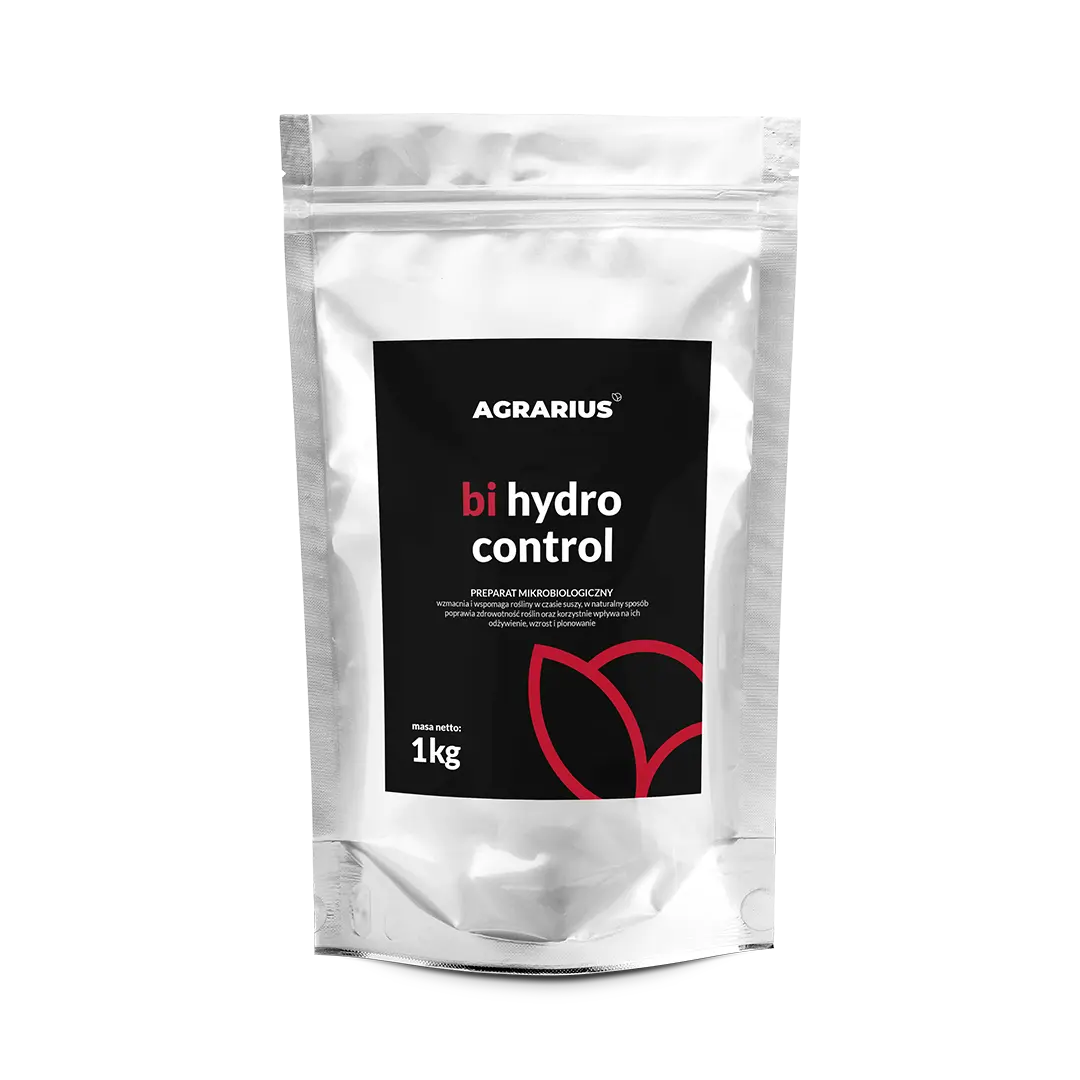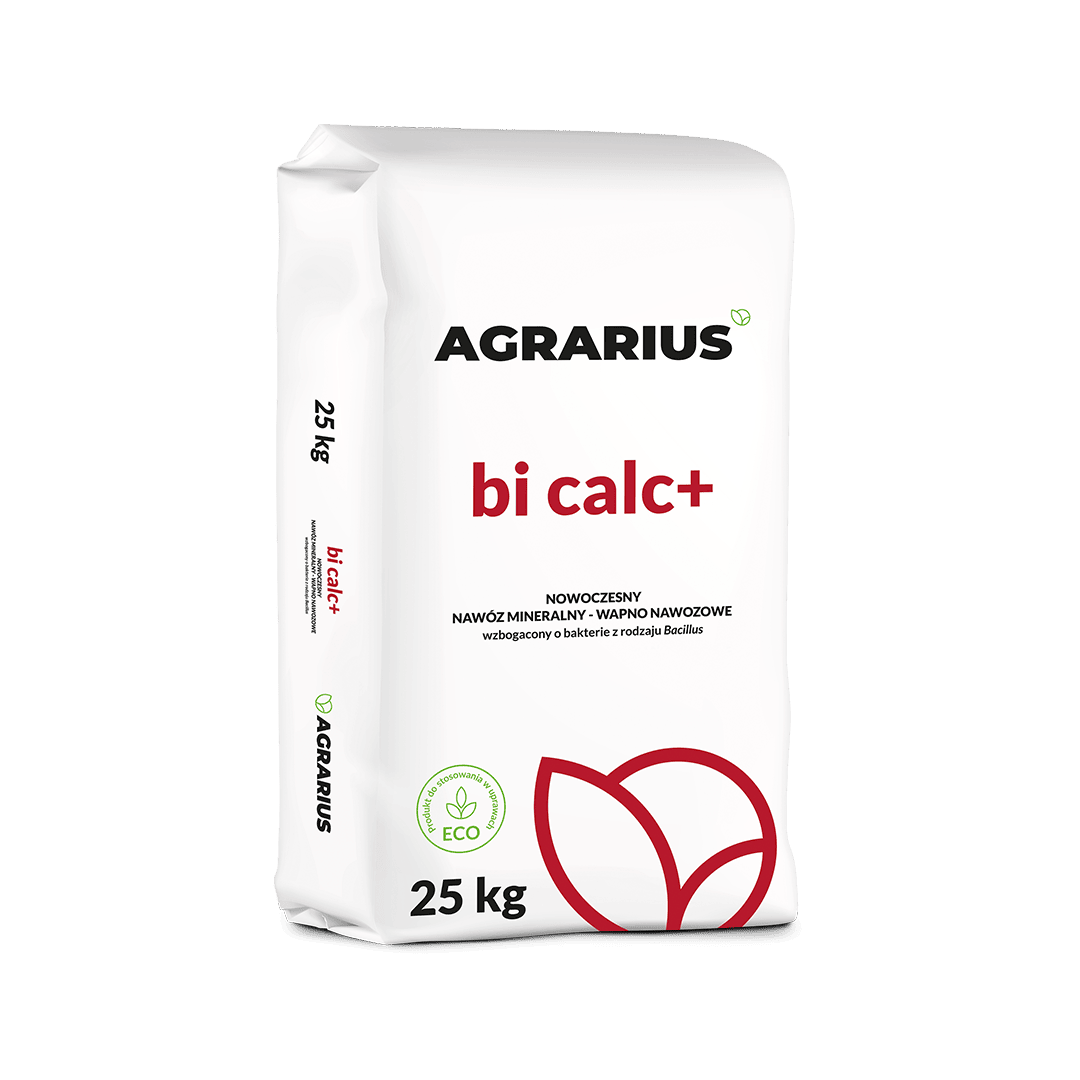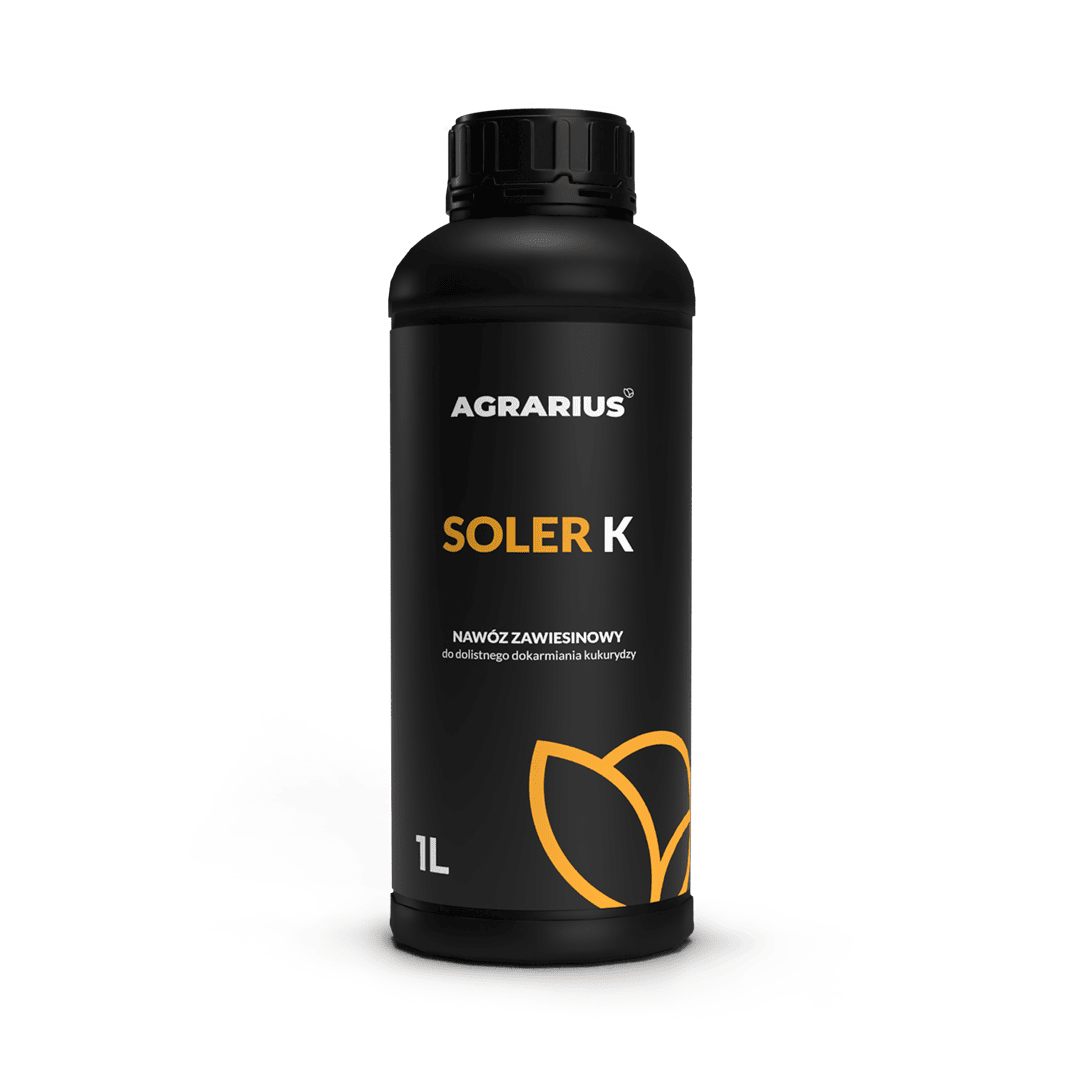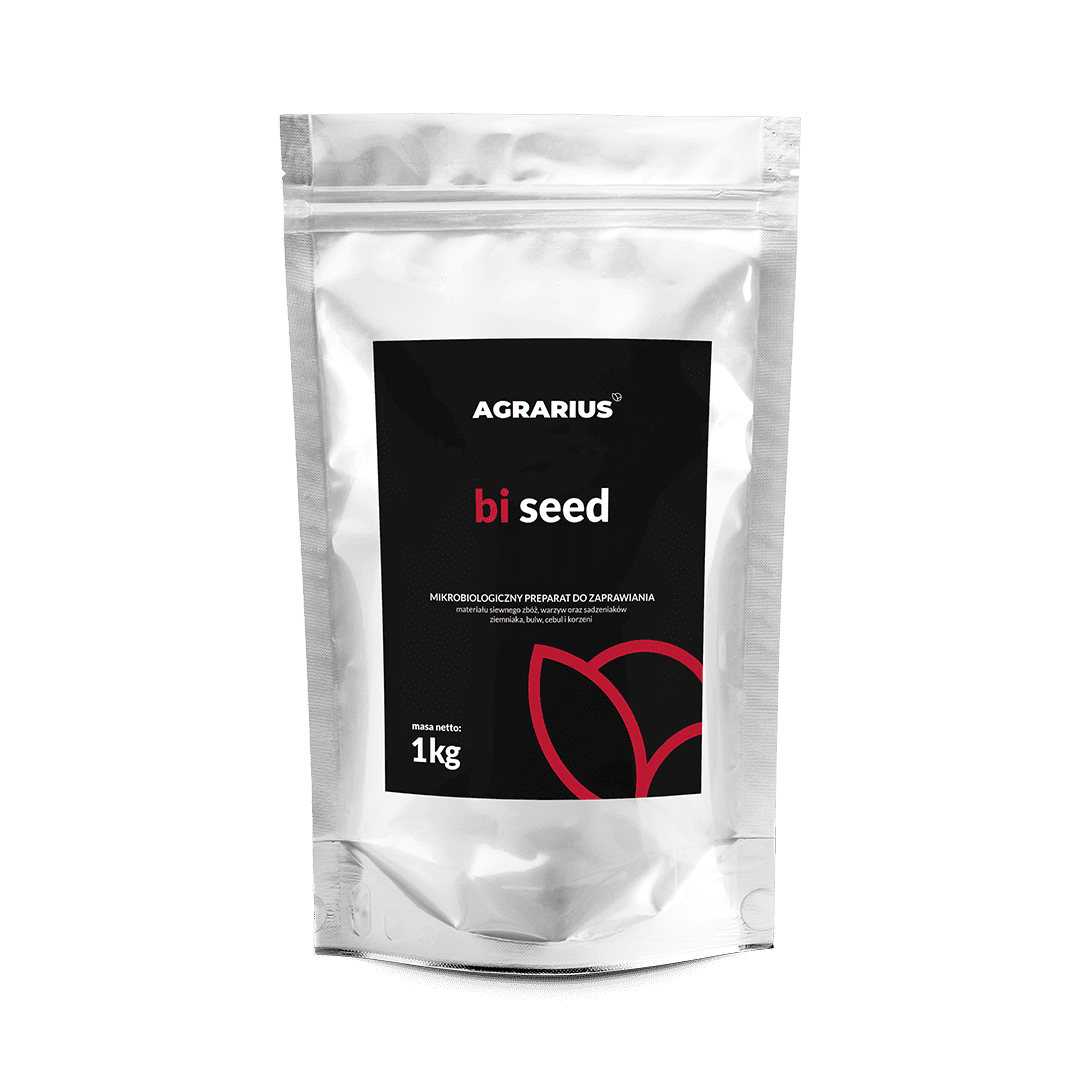Calory
Calcium Fertilizer
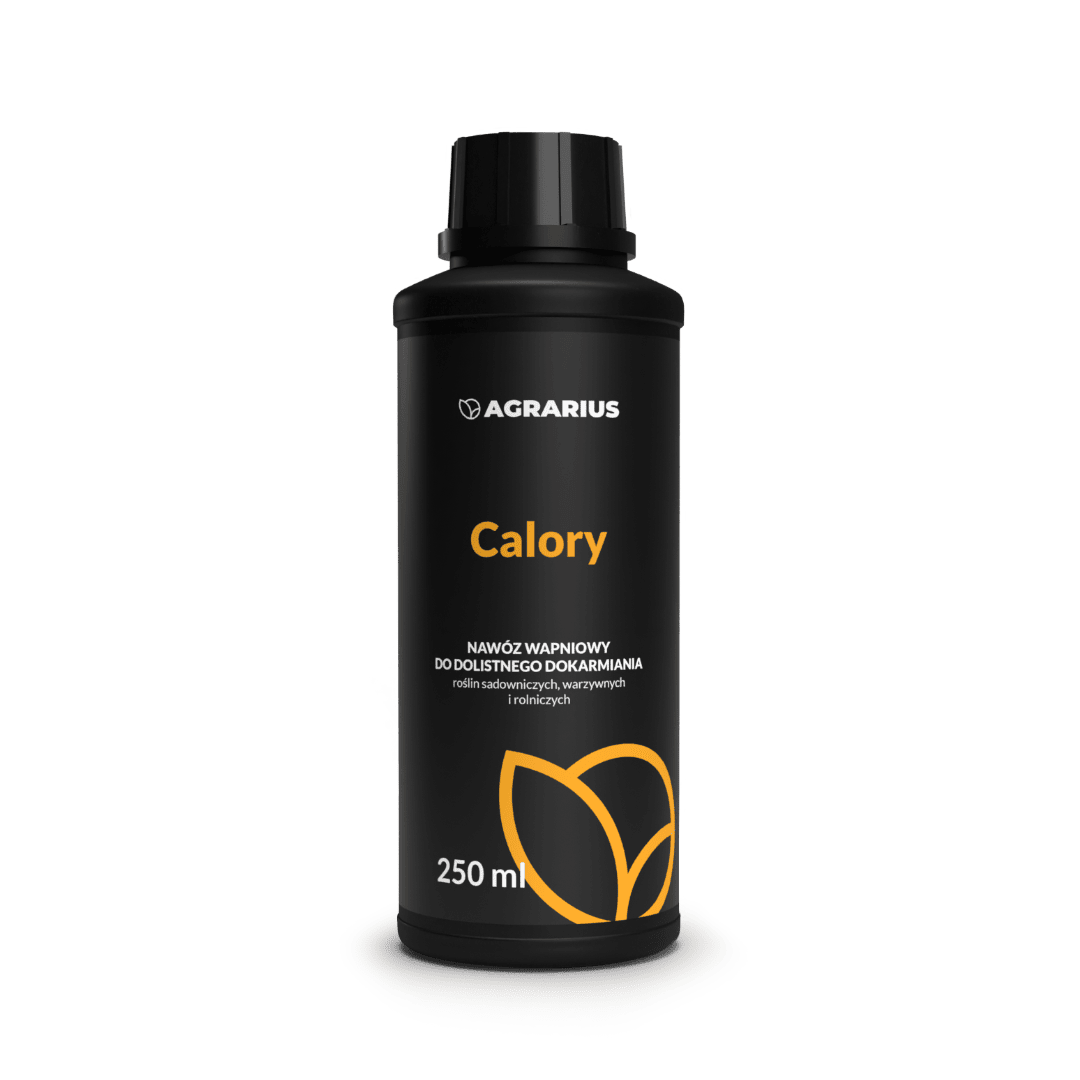
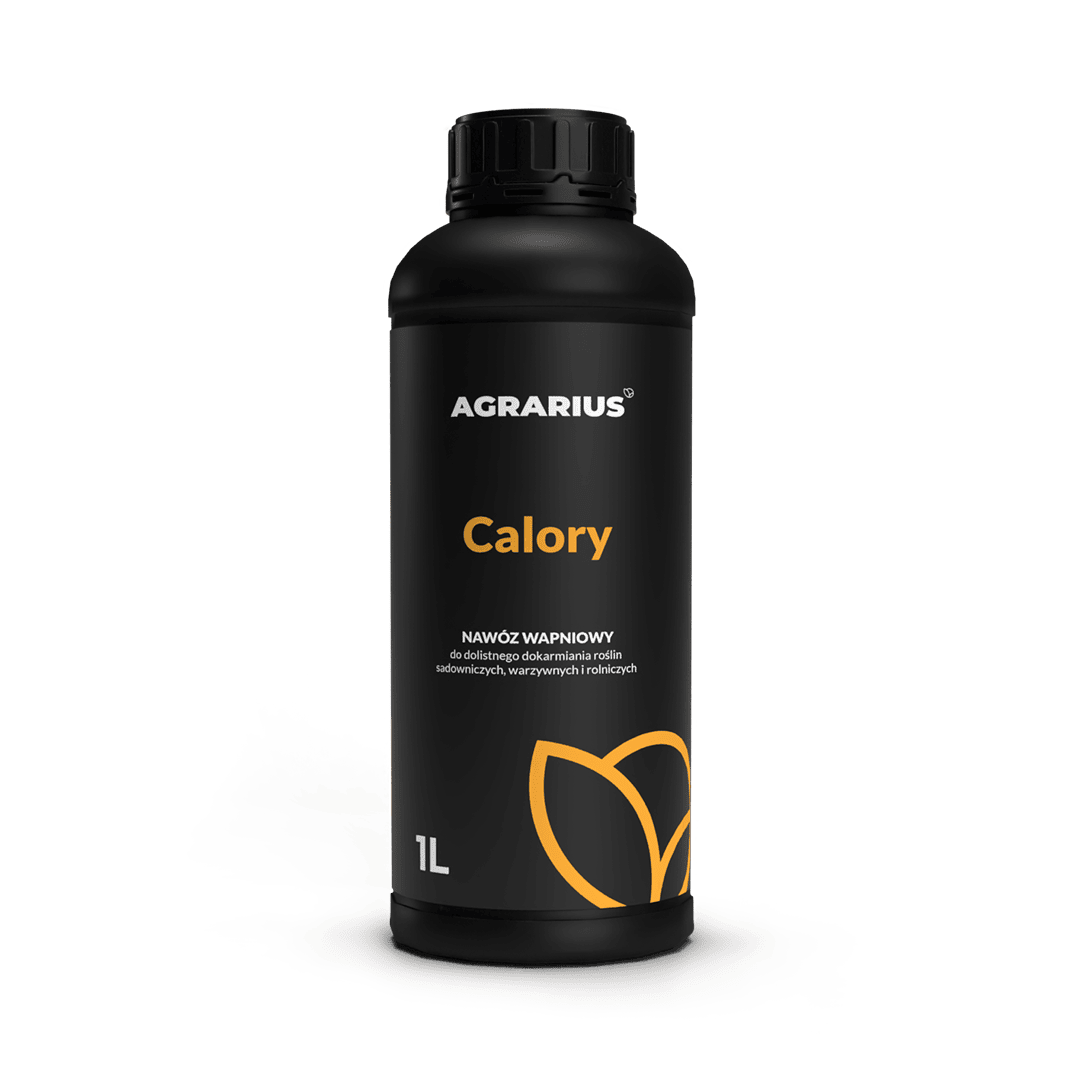
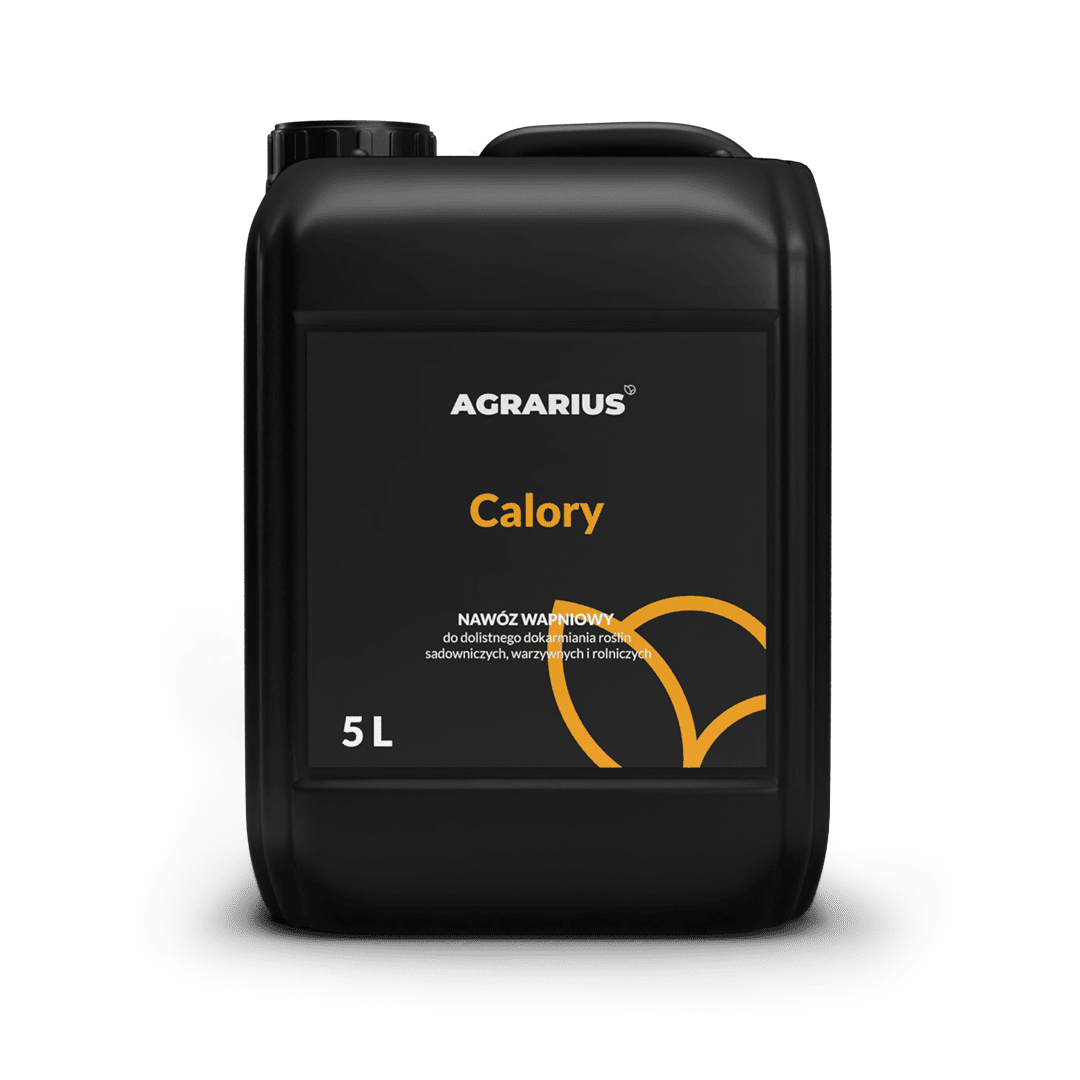
Benefits of use:
Product description:
Calcium, along with other elements, plays a crucial role in plant growth and yield formation. Its presence ensures healthy plant development, resulting in abundant and tasty harvests. Most of the calcium is stored in plant cell walls, where, combined with pectins and cellulose, it influences their strength and integrity. The appropriate amount of calcium contained in Calory calcium fertilizer helps maintain the resistance of fruit, vegetable, and other plant tissues, making them less susceptible to mechanical damage, pests, and diseases. This, in turn, translates into better quality of stored vegetables and fruits. In addition to providing readily absorbable calcium necessary for proper plant development,
Calory calcium fertilizer stimulates the development of the root system, which enhances the ability to absorb phosphorus and potassium. Fertilization with Calory is essential for the preventive health of plants as it strengthens the resistance of crops to stress factors, including drought. It also reduces the occurrence of infections caused by pathogens. Calcium is essential for the proper formation of fruits by plants, and an additional advantage is that Calory - calcium fertilizer is chloride-free, nitrogen-free, does not stain fruits, is quickly absorbed by plants and fruits, and is safe to use.
In our climate, annual calcium losses, mainly due to its leaching into the soil, amount to about 150 kg/ha, while cultivated plants absorb it in the range of 30 to 150 kg/ha. Additionally, the use of nitrogen fertilizers containing ammonium and amide nitrogen also leads to strong soil acidification, which can cause calcium losses of up to 250 kg/ha. Therefore, to maintain the proper pH of the soil and ensure plants' access to a sufficient amount of calcium, it is recommended to apply rational calcium fertilization based on soil analysis and supplement it by foliar feeding of plants with calcium.
Calcium - 15% m/m Zinc - 0.01 m/m Copper - 0.01 m/m Manganese - 0.1 m/m Humic acids derived from lignin processing.
| CROP | DOSAGE | APPLICATION |
|---|---|---|
| Field Crops | 0,5 - 1 l/200-500 l water/ha | 2-3 times per season |
| Vegetables | 1 - 2 l/200-500 l water/ha | 4-6 times per season |
| Fruit Trees | 1,5 - 2 l/200-500 l water/ha | 4-8 times per season |
